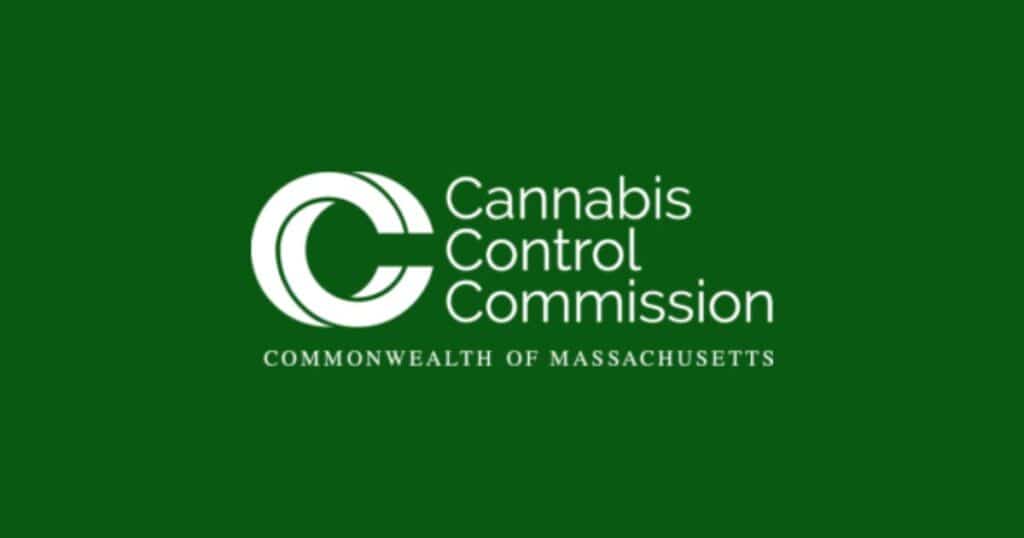The Massachusetts Cannabis Control Commission (CCC) is at a critical juncture. On Tuesday of this week, Inspector General Jeffrey S. Shapiro urged state legislative leaders in a letter to appoint a receiver to manage the CCC’s day-to-day operations. Shapiro’s call to action stems from concerns about the CCC’s leadership and operational inefficiencies.

Urgent Call for Reform of Massachusetts Cannabis Commission
Inspector General Shapiro’s letter to legislative leaders illuminates the CCC’s dire state. In a press release about the letter, he describes the agency as “rudderless” and lacking clear governance.
Despite spending over $160,000 on mediation services and consulting to draft a governance charter, yet the commission remains in disarray.
The Office of the Inspector General (OIG) conducted a limited review of the CCC’s structure. It found that the enabling statute is unclear and self-contradictory.
This lack of clarity has led to confusion about who is responsible for running the agency’s day-to-day operations. The OIG’s review also revealed that despite the significant expenditure, the commission’s efforts to clarify roles and responsibilities have been largely ineffective.
Inspector General Shapiro recommends that legislative leaders take immediate action to appoint a receiver to manage the CCC’s daily operations.
He also urges lawmakers to revisit the governance structure set forth in Chapter 55 of the Acts of 2017. According to Shapiro, this is essential for providing clear leadership and ensuring the agency can function properly.
A receiver is a court-appointed individual or entity responsible for managing an organization’s operations. In this case, Inspector General Shapiro recommends appointing a receiver with clearly delineated authority to manage the CCC’s day-to-day operations.
The receiver would be responsible for carrying out the daily administrative functions of the CCC without interference from the commissioners. This would include overseeing staff, ensuring compliance with regulations, and implementing corrective actions to address the agency’s operational inefficiencies.
Appointing a receiver could provide the CCC with the clear direction and accountable hierarchy it currently lacks. It would also allow the agency to focus on its core responsibilities, such as regulating the cannabis industry and maintaining its revenue stream.
Current State of the CCC
The CCC’s leadership has been in turmoil for some time. Since September, there has been confusion over who is legally in charge. State Treasurer Deborah Goldberg suspended CCC Chairwoman Shannon O’Brien over allegations of racist remarks and staff mistreatment. Although O’Brien denied any wrongdoing, the situation has led to general confusion for stakeholders.
The CCC has spent considerable time and money trying to clarify its governance structure. Despite these efforts, the commission has yet to approve a new governance charter or release it publicly. The ongoing confusion about the division of duties between commissioners and staff has created significant operational challenges.
The CCC is responsible for bringing in approximately $322 million in tax and non-tax revenue in Fiscal Year 2023. However, the current state of dysfunction threatens this revenue stream. Inspector General Shapiro warns that without immediate action, the agency’s ability to maintain its budgeted revenue and provide clarity for stakeholders will be compromised.
Support from Lawmakers
Several legislators have expressed support for the IG’s recommendations. Sen. Michael Moore, who has previously called for legislative oversight of the CCC, said the latest development is not surprising. He hopes the Legislature will take the IG’s warning seriously and move forward with corrective action.
“Perpetual scandal, mismanagement and staffing issues have plagued the Cannabis Control Commission since day one,” Moore said via a Telegram article. “Seven years later, the CCC remains a black eye on the legal cannabis industry in Massachusetts. For years I have been calling for action to bring more transparency and accountability to the CCC because I believe cannabis consumers, business owners, employees and everyday taxpayers deserve better.
“The unit was to have ensured the Cannabis Control Commission operate fulfill its regulatory obligations and operate efficiently,” Moore said. “I hope the House, Senate and governor’s office look at the letter and follow the inspector general’s advice and move forward with corrective action.”
House Speaker Ronald Mariano and Senate President Karen Spilka have received the IG’s letter and are expected to review it. There is bipartisan support for addressing the ongoing issues at the CCC, with lawmakers recognizing the need for transparency and accountability.

Inspector General Jeffrey S. Shapiro’s letter to lawmakers underscores the “rudderless” state and ongoing “disarray” the Massachusetts Cannabis Control Commission has been grappling with for quite some time. The commission’s lack of clear and defined leadership has severely undermined its ability to effectively regulate the cannabis industry.
Now that the House and Senate are acutely aware of the scope of the dysfunction, it remains to be seen what their next action will be. One thing is evident: for the cannabis industry in Massachusetts to thrive and succeed, the CCC desperately needs stable, accountable leadership and a well-defined governance structure. Shapiro’s recommendations could be the catalyst for overdue reforms that would bring much-needed clarity and direction to the agency.
















